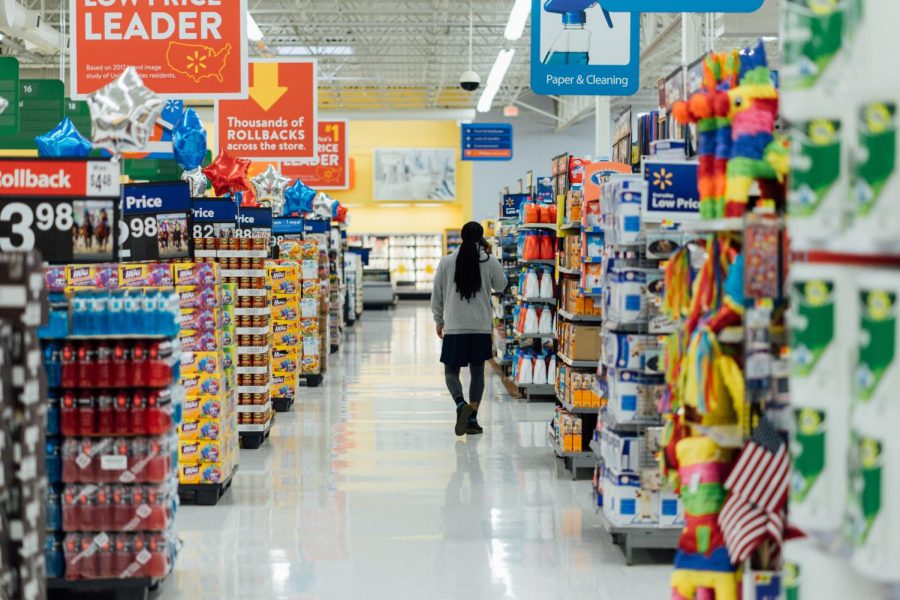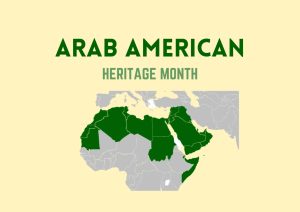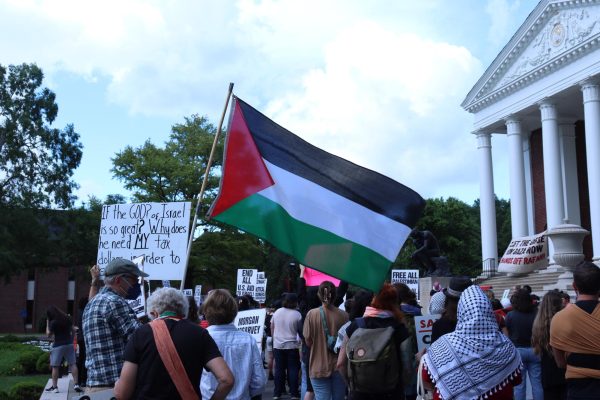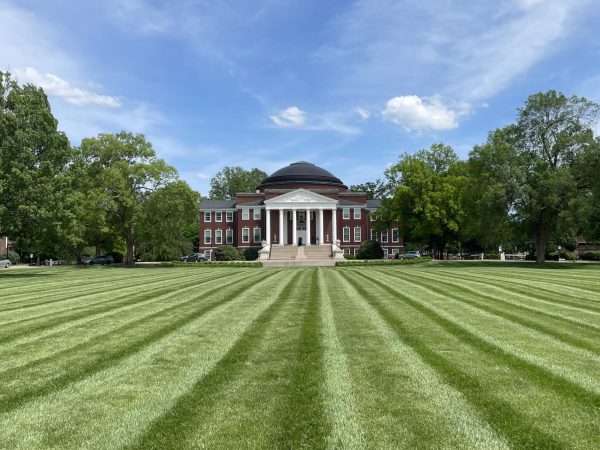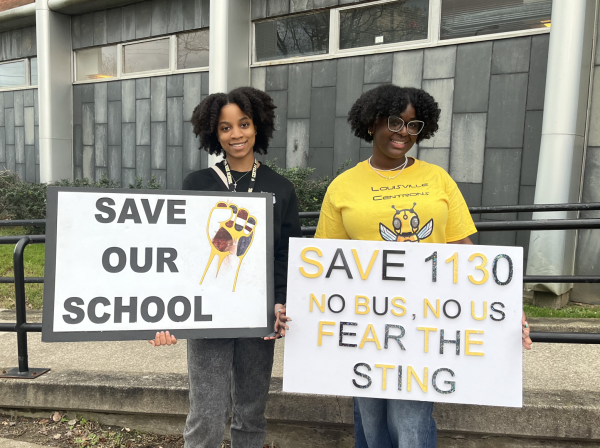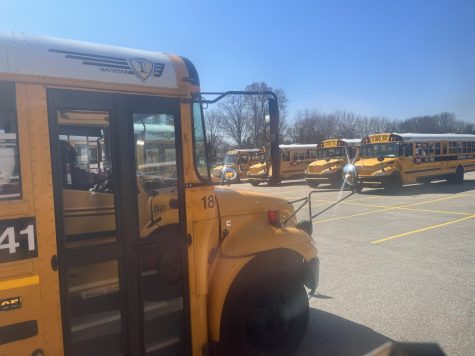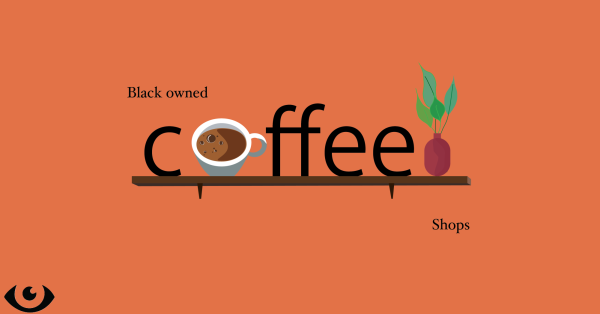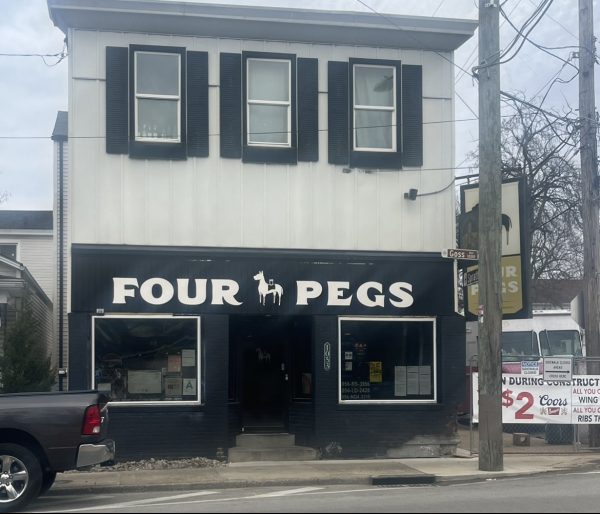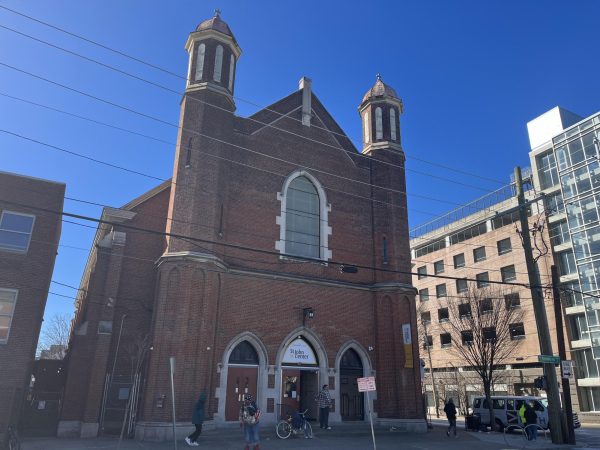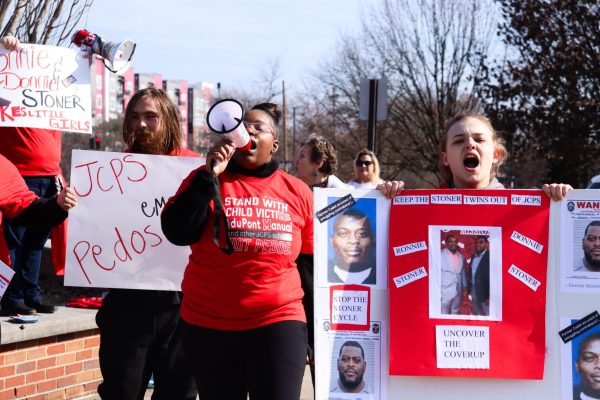OPINION: Louisville Metro needs to address West End food insecurity
Bigger grocery stores like the one above could help eliminate food poverty in Louisville. Photo by Lu Hanson on Unsplash.
February 22, 2023
Since the days of chipped beef and pork n’ beans, systemic racism has left Louisville’s main historically Black district, the West End, with higher food insecurity rates than the rest of the city. It is imperative that the Louisville Metro Government supports the growth of sustainable food practices in the West End before further damage is done.
The West End has been disproportionately impaired by the food shortages in Louisville, as racist policies have limited the neighborhood’s ability to provide adequate resources for its residents. For example, redlining was implemented by the Federal Housing Administration, who intentionally targeted impoverished minority neighborhoods when categorizing areas in terms of investment quality.
The West End has been categorized as a hazardous place to live, leading to decades of race and class segregation. When Black residents couldn’t get a mortgage as a result of redlining, less money was flowing through the local economy. When white families and businesses fled cities to suburban neighborhoods, a phenomenon known as white flight, many couldn’t afford to move out of or invest in the area. The business district was rapidly shrinking by the 1960s, and grocery stores followed the money and fled West Louisville.
Even before the area’s various store closings, low-income residents had trouble accessing affordable food. Jefferson County studies have found that people living in the West End and Eastern Downtown not only have the hardest time finding fresh food, but also tend to pay the highest prices for fresh produce. They found that West Louisville’s convenience stores charge around 50 percent more than the recommended price according to the United States Department of Agriculture. These patterns of inaccessible food and transportation costs have led to the West End being categorized as a food desert.
People in food deserts are often unable to find transportation to grocery stores that are centralized around suburban areas, and therefore resort to purchasing food from stores such as convenience stores, where food options tend to be less nutritious and more expensive. Local officials are however trying to rectify the issue. In Louisville, there have been many local initiatives to provide the community with more access to fresh and affordable food. One example is Black Market KY, a sustainable grocery store in the West End that is home to a community garden and products from various local and Black-owned businesses. There has also been an increase in government funding towards West Louisville infrastructure over the past decade.
In fact, the Fisher administration spent over 1.5 billion dollars on investment in West Louisville. Last year, Gov. Andy Beshear, Goodwill Industries of Kentucky and Norton Healthcare announced plans to build a hospital in West Louisville, attempting to address the lack of public access to healthcare in the area.
The growth of West Louisville infrastructure is necessary, however it is not feeding the 58 percent of children living below the poverty line in the West End, compared to 24 percent in the rest of the city. This infrastructure and flow of money entering the neighborhood will encourage businesses such as grocery stores to locate in the area, but that isn’t going to happen overnight. Louisville Metro needs to support businesses and other projects that are working to provide West Louisville with access to nutritious food.
Black Market KY is one of grocery stores that have established themselves in the West End with the goal of fighting food insecurity. Grocery stores have a rather low profit margin of 1-3 percent, which can make profiting difficult in impoverished areas, especially for local mom and pop shops. If Louisville Metro were to provide benefits to local or chain groceries such as subsidies, more stores would be able to stay open and reach community members that would otherwise go without access to wholesome food.
The Louisville Metro did provide a community co-op in Smoketown, the Louisville Community Grocery, with 3.5 million dollars. Similar public funding for other community organizations in West Louisville could support the 62,000 residents living in the area, many of whom don’t have access to nutritious food. Co-ops and local food initiatives are the quickest solution to food insecurity in West Louisville, because more stores will provide residents with a higher proximity to healthy food. The Louisville Metro Government has taken great strides towards supporting historically underserved communities in Louisville through revitalization efforts over the past decade, but it’s not enough. There are still far too many Louisville residents every day that have trouble getting a ride to the grocery, or can’t afford the fresh produce once they get there. Despite the historic amounts of public funds recently invested in West Louisville, not enough of it addressed the neighborhood’s high levels of food insecurity. Without further public funding to support the growth of sustainable and nutritious food access in the West End, residents will continue to suffer as a result of discriminatory practices.


